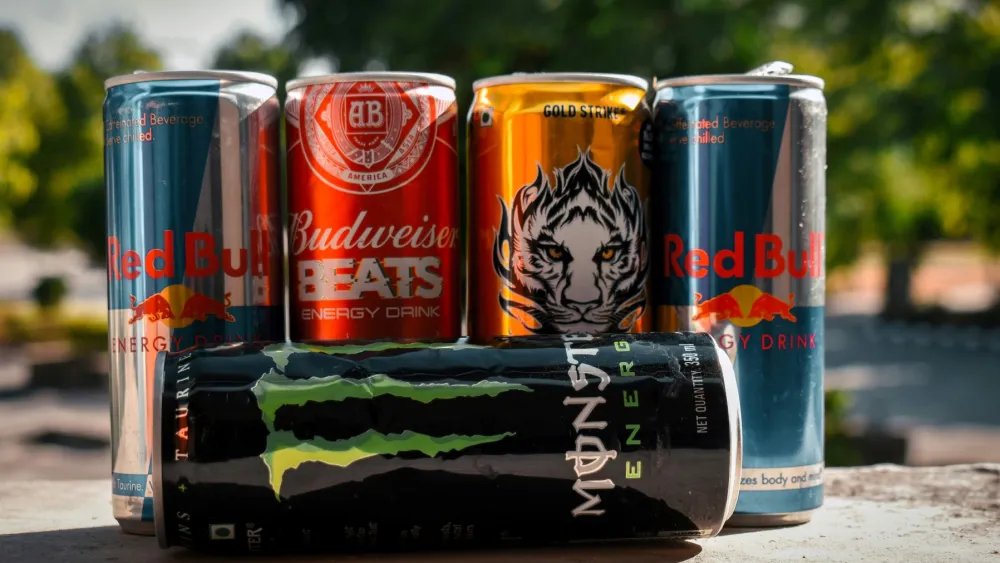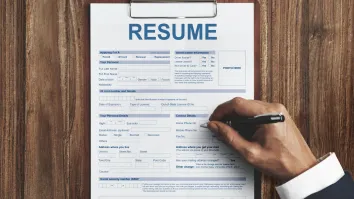Tackling food waste should be a food packaging priority
By Tim OoiFood waste has a significant economic, environmental, and social cost. In 2011, over 3,600 tonnes of food waste was produced in Hong Kong each day -- two-thirds came from households and one-third came from food-related commercial and industrial sources1.
Reducing food waste is critical to the environment of Hong Kong and the well-being of its citizens. In February, The Environment Bureau revealed "A Food Waste & Yard Waste Plan for Hong Kong 2014-2022"2, outlining the aggressive target of reducing food waste disposal to landfills by 40% by 2022.
Food packaging is a simple yet effective solution to reduce the amount of food waste. Packaging can also be used to extend the shelf life of food so it is available for consumption for much longer and thus, reducing waste. The most significant initiatives underway within the packaging industry to cut down on food waste include:
Labelling
Not many consumers know the difference between “use-by” and “best-before” dates on food packaging, with a resulting impact on food being needlessly thrown away. The main issue in this is that consumers often consider the two terms to mean the same thing; if the used by date was made clearer and an explanation of the “best-before” date was clearly included in the pack design this could lead to less confusion.
Consuming food that has passed its best-before date may not constitute a health risk. According to a research commissioned by Friends of the Earth, the Hong Kong Baptist University tested 81 processed foods that had expired at least three months of their “best-before” dates, and found all tested products "satisfactory" or "acceptable" under the government's food safety standards on microbiological limits3.
Better clarity in labelling can reduce the amount of food wasted in homes and landfills. Smart packaging businesses can act now to ensure they are ahead of the game by adopting better labelling.
Intelligent packaging
The use of single serve portions can play a big part in reducing food waste. The number of people living alone has risen steadily since 2001 by 40%, with 17% of all households in Hong Kong is a single occupant in 20114. Offering smaller sizes cater for the growing market in individual meals as well as reduce the amount of food wasted from over-buying.
An added benefit is that smaller sizes when combined with innovative packs can also help facilitate the separate trend of increasingly on-the-go lifestyles, helping to open new markets for existing products.
Misperceptions on food packaging
One of the biggest issues facing the packaging industry is that of perception: packaging still has a major image problem. Consumers see packaging as part of the issue of food waste, rather than part of the solution, and this ends up having a knock-on impact on the amount of food that goes to waste.
For example, in some supermarkets in Hong Kong, the air inside plastic bags containing salads are treated to slow down decomposition so that the salads stay fresher for a longer time, but consumers are often unaware of this benefit – leading them to discard the packaging.
A key focus for the packaging industry should be to continue to reassure and educate consumers of the role packaging plays in keeping food fresher for longer.
Tackling food waste offers a social, environmental, and economic return. The landfills initially were intended to last until 2020 which could be full much earlier if nothing is done to reduce waste loads.
In terms of economic impacts, our landfills take up in total 270 hectares of land, cost $6 billion to construct with millions of running cost every year5. If we do not reduce the growth in the amount of waste we produce, we will have to identify about 400 hectares of space for new landfills to serve Hong Kong up to 2030.
In addition, reducing food waste improves air quality from offensive odors, creating a better environment for living.
To realize the vision of a truly sustainable world, we need to transform the way we produce and consume our natural resources. We can all play a useful part to reduce food waste for the benefit of our community.
1 A Food Waste & Yard Waste Plan for Hong Kong 2014-2022
2 A Food Waste & Yard Waste Plan for Hong Kong 2014-2022
3 Seven Years after ‘Best Before’ date..but Still Good Enough to Eat, 19 May 2014
4 The Profile of the Population in One-person Households in 2011
5 Shrinking Options, Growing Costs




















 Advertise
Advertise






